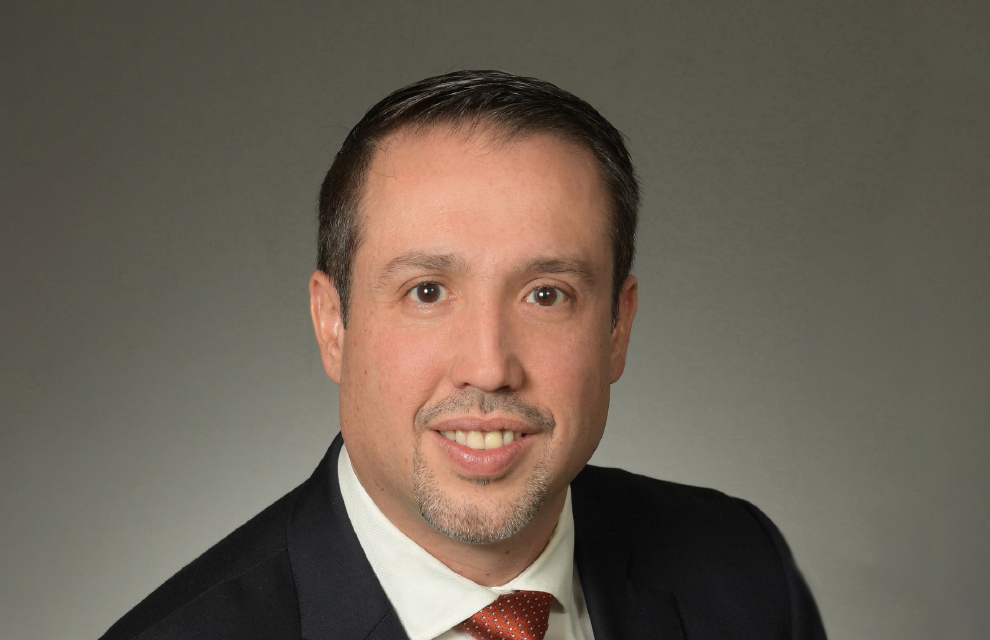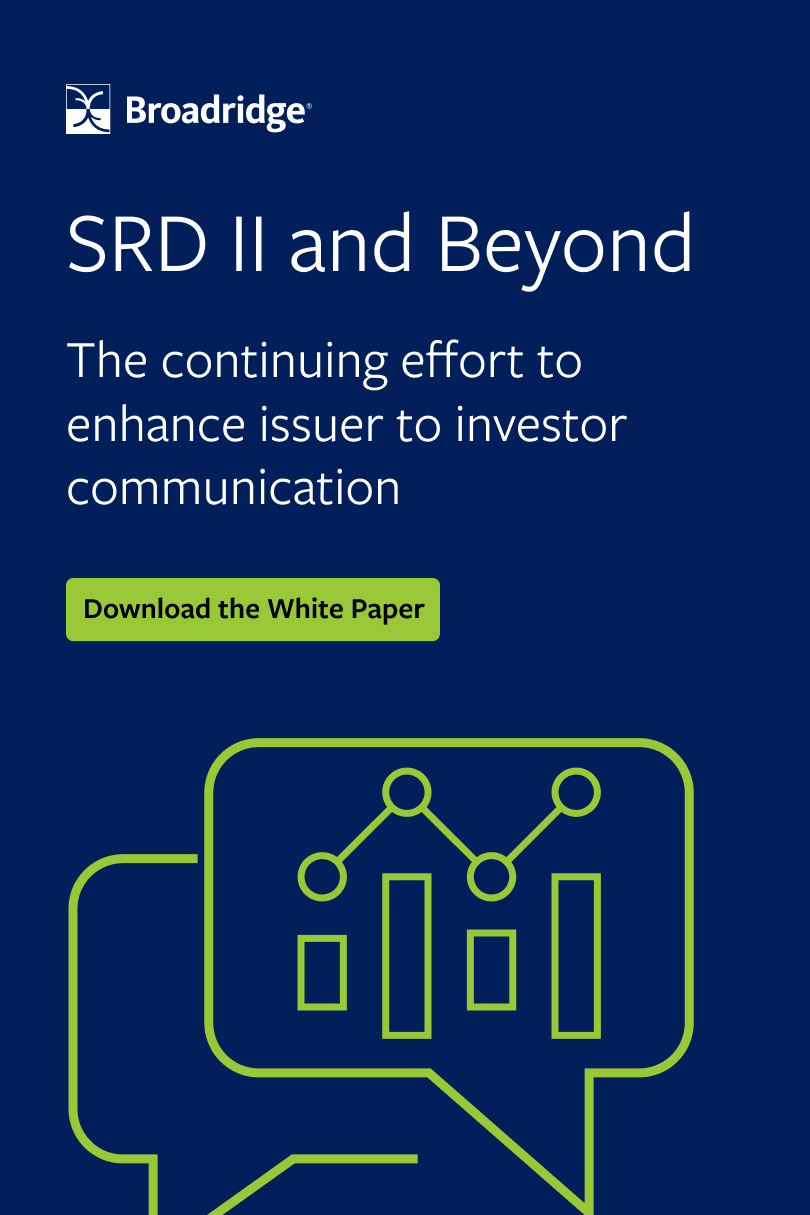Richard Anton, chief operations officer at CIBC Mellon, talks to Jenna Lomax about how the company is tackling the challenges that come with the current global talent landscape
“We are in a period of change as the pandemic wanes,” affirms CIBC Mellon’s chief operations officer, discussing why the global talent retention landscape has been so challenging since this decade began.
“There is an overarching sense that as the dust from the past three years has settled, people generally feel more comfortable and ready to make changes,” he adds.
Serving at CIBC Mellon since 2014, Anton is also a member of the company’s executive management committee.
He is responsible for the overall strategic direction of the company’s operations including investor and advisor services, accounting, fund administration, pension plan member services and custody operations including cash management, settlements and sub-custody.
He also works with the company’s clients to consider their operational transformation efforts and strategies.
It’s fair to say that all those areas — though heavily influenced by technology — are, to this day, very much people-led. For its part, CIBC Mellon “goes above and beyond in terms of allowing remote, flexible work, treating people well and engaging them virtually,” says Anton.
“Given our talent pipeline, CIBC Mellon offers an array of entry-level roles for early career professionals who often quickly learn the industry, before moving on or up within our organisation.”
“With that being said, I would be remiss not to mention that there is a noteworthy base of long-serving employees who spend their entire careers with us — from the beginning of their career, through to their retirement.”
A full view
Discussing the reasons for global talent challenges, Anton highlights that an “array of short- and long-term factors have rapidly occurred simultaneously, causing employee turnover to spike across industries and countries.
“There is a demand for conflating talent across industries,” he outlines. “Strong operational, client service, technology, data or similar skills are important, however as more firms embrace a technology-driven business environment, they are after similar talent.
“As the world has opened up and restrictions have eased, turnover in the industry creates many new roles. Instead of a year of turnover, we are seeing three years’ worth all at once.”
A “historically high” 4.3 million US workers quit their jobs in December 2021, according to the US Labor Department’s 2022 Job Openings and Labor Turnover report. This move, known as The Great Resignation, is a phenomenon first coined in the US. It is a trend that has been apparent in neighbouring Canada from 2020 to present day, but certainly not to the same degree.
A direct reaction fostered by pandemic chaos and uncertainty, The Great Resignation is a socioeconomic move still being felt three years after the COVID-19 pandemic sent shockwaves around the world.
Anton highlights that even though Canada’s numbers are not as eyewatering as the US’, this is “a time of significant disruption for the talent landscape and employee experience across industries, segments and geographies. Attrition is a large factor. To scratch the surface, staffing constraints and piling workloads are slowly wearing down the general morale and this tone is making its way to the top. While turnover is a natural part of the lifecycle, the speed at which teams are experiencing departures has sparked a flurry in hiring and onboarding volume.”
Even with all of the opportunities that novelty brings — fresh perspectives, innovations, growth — it takes time for new talent to get up to speed, Anton says.
“New hires are not onboarded with instantaneous relationships and connectivity, knowledge of client needs and situations, and awareness of how to quickly find answers. This is a problem across the global investment industry — our clients, vendors and stakeholders are also seeing a turnover spike.”
The workforce
Describing what employees are now expecting from their employers in terms of flexibility and choice, Anton outlines that many employees are seeking a hybrid balance that works for them, or departing from jobs where this hasn’t been introduced.
“This is especially apparent when there are big demographic disconnects between those making the rules and those impacted by them. Indeed, the industry is faced with a multi-generational workforce where generation X is working alongside generation Z.”
This brings a spectrum of ideologies informed by different lived experiences, Anton affirms. “CIBC Mellon has approached this challenge by supporting employees’ choices and personal preferences for returning to the office, while working diligently to create an office environment that is focused on culture and collaboration.”
So, how can companies maintain adaptability in their workforce strategy? This can be achieved through “an open and honest dialogue between leadership,” Anton says. CIBC Mellon’s employees “have served to further strengthen [its] culture of inclusivity, collaboration and connectivity.”
“The company recognises the value of in-person collaboration, but it also wants to keep supporting employees with its proven remote work model.”
“Flexible work arrangements empower CIBC Mellon’s employees to decide how, when and where they work best, all the while ensuring that business needs and deliverables are met.”
Talent management
Anton cites data from Statistics Canada which highlights that immigrants make up the largest share of Canada’s population, with one in five Canadians identifying as an immigrant.
This is the highest proportion since Confederation — the process of federal union in the 1860s, when the British North American colonies of Nova Scotia, New Brunswick and the Province of Canada joined together.
“CIBC Mellon is building its newcomer talent pipeline, bringing very experienced and talented individuals into the organisation who are looking to extend their careers in Canada,” explains Anton. “Millions of people from all over the world have chosen and continue to choose Canada as their new home.”
On this point, Anton adds: “CIBC Mellon has a very diverse team including many newcomers who are excited to use their networks to sponsor and recruit global talent.”
“Our business is well-suited to this, since it has strong training programmes to help new employees learn the ropes of the industry.”
Outlining the future of the talent landscape, and how organisations can set their employees up for success, Anton candidly affirms: “CIBC Mellon doesn’t have all the answers when it comes to the future of work, but the past two years have been a pilot for many of us.
“Embracing the fluidity, adaptability and flexibility of this time has allowed CIBC Mellon to continue learning and to pivot quickly to recognise when something just isn’t working. These periods of uncertainty call for open communication.
“Transparency, authenticity and openness are critical in times of change. CIBC Mellon encourages its people to get involved through employee groups, rewards programmes and diversity showcases.”
He concludes: “Throughout it all, I’m proud to say CIBC Mellon has maintained its culture and abided by its values, which reinforce continuous improvement, employee engagement and putting clients at the centre of everything it does. Moving forward, our organisation will continue to recruit, retain and engage effectively, so it can continue to grow with its clients and employees.”



